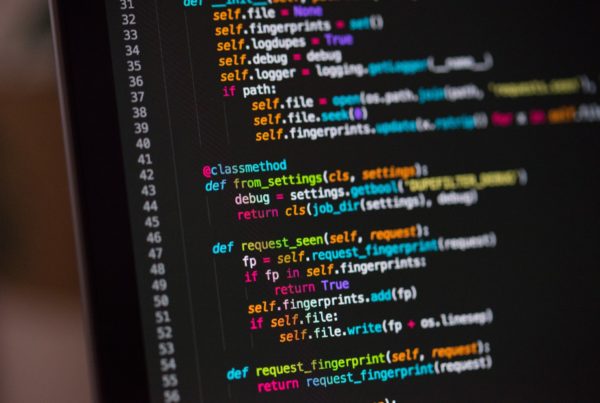TGI Paris, 27 November 2018, RG 18/58881
The Paris Tribunal de Grande Instance (i.e., first-level court with general subject-matter jurisdiction) issued, on 27 November 2018, a blocking order which is noticeable in three aspects: in France, rare are blocking order cases which do not concern intellectual property infringement; even more rare are cases initiated by the public prosecutor (and not by private stakeholders); and never-seen is a decision which grants a blocking order unlimited in time.
The website democratieparticipative.biz was created in 2016 and had quickly been identified by public authorities as well as numerous associations, as being a patently racist, anti-Semite and hateful website. However, the authorities had had difficulties to launch a legal action because of the great efforts deployed by the website administrator in order to hide both itself and the location of the website’s servers.
Eventually, by acts dated 11 and 12 October 2018, the public prosecutor (“procureur de la République”) initiated interlocutory proceedings before the Paris Tribunal de Grande Instance, against nine internet service providers with the aim of forcing them to block the website democratieparticipative.biz with no limitation in time. Fourteen other parties (mainly comprising anti-Semite, anti-racism or anti-homophobia associations) voluntarily joined the action and associated themselves to the public prosecutors’ demands. However, a few of them went further and asked the judge to order that the website’s activities be terminated (in application of a 2017 French statute). On the other side, no ISPs opposed the blocking order, but all requested its limitation to a twelvemonth period.
The public prosecutor’s action was legally grounded on article 6-1-8 of the French Act “LCEN” dated 21 June 2004, which states that “The judicial authority may prescribe, in interlocutory proceedings or in ex parte proceedings, to any person mentioned in 2 [i.e., hosting providers] or, failing that, to any person mentioned in 1 [i.e., ISPs], any measures to prevent damage or to put an end to damage caused by the content of an online communication service to the public.”
The Court first held that the public prosecutor’s action against the ISPs was admissible because all reasonable efforts had been made to try to identify the publisher of the website and its hosting provider, before going against ISPs (as the statute above mandates).
Then, the Court considered whether the website created any damage that needed to be ended. A review of excerpts from the website convinced the Court that no less than five very serious criminal offenses were constituted: (i) racial slurring, (ii) incitement to hatred and violence against a group of people because of their origin or religion, (iii) incitement to hatred and violence against a group of people on the grounds of sex or sexual orientation, (iv) public injury on the grounds of sexual orientation, and (v) apology for crimes against humanity.
Because the website was a clear threat to public order, the Court held that a blocking order would be perfectly adapted and proportionate. As to the length of the measure, the Court held that the content of the website was so severe (as in severely unlawful) that proportionality allowed the blocking to go on with no limitation in time.
However, the Court left it to the ISPs to decide what would be the most technically appropriate way to enforce its order, and, more importantly, indicated that the ISPs would be able – if necessary – to request that the public prosecutor reimburse the costs that they incurred in the process of implementing and maintaining the blocking measure.
Logically, the Court discarded some of the associations’ demand that the websites’ activities should be purely terminated. Indeed, ISPs are not in a position to enforce such a measure (only web-hosting providers would be).
This case, albeit very specific to its subject matter, could inspire others and, in particular, may incite IP right holders to find the arguments that would convince a judge to issue an unlimited blocking order against a counterfeiting website (or at least a measure significantly longer than the usual 12-month period).





